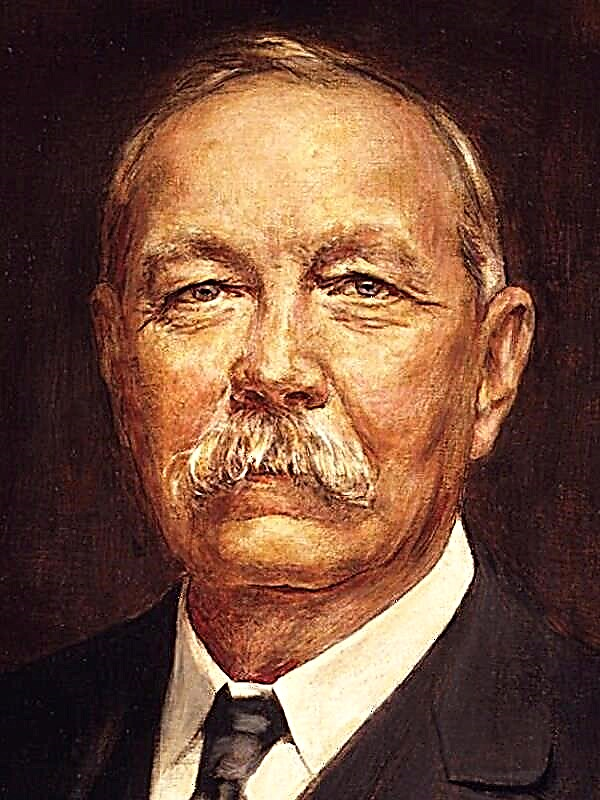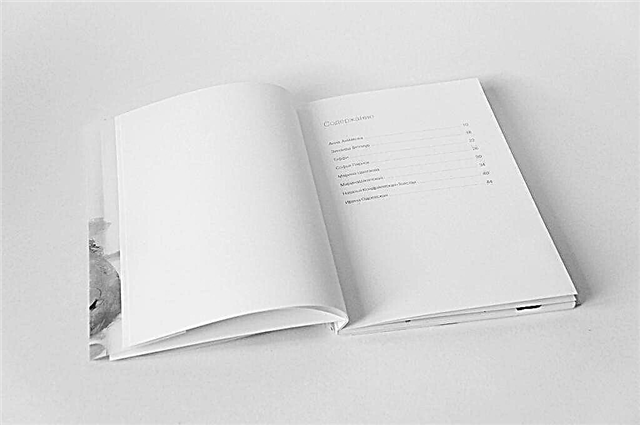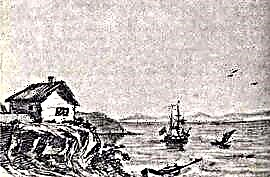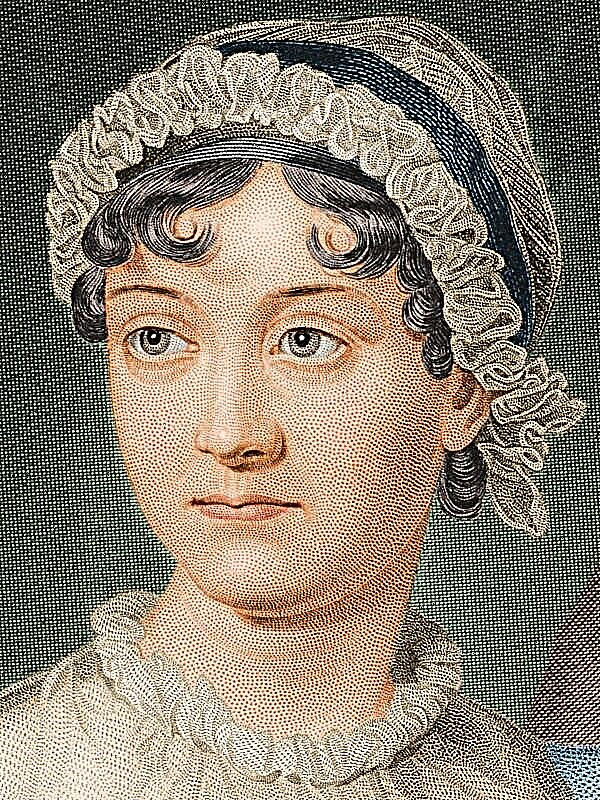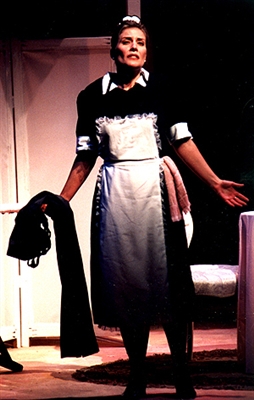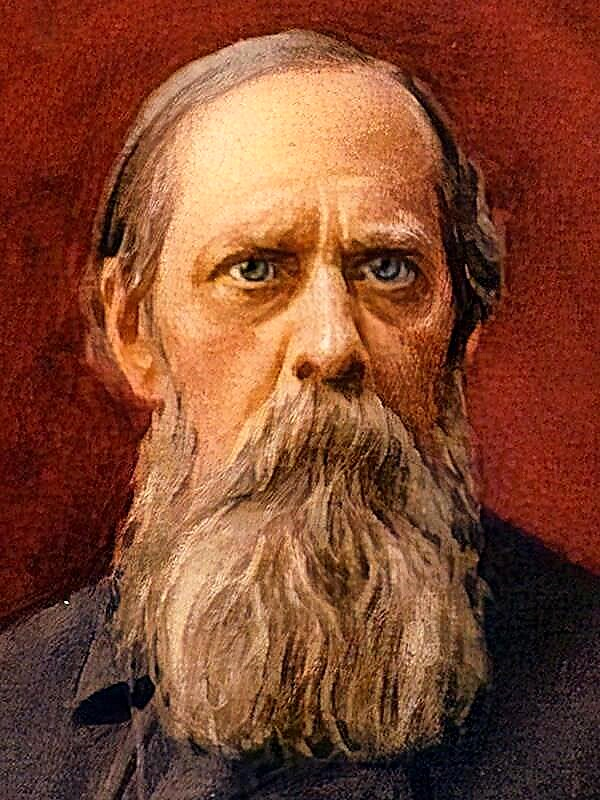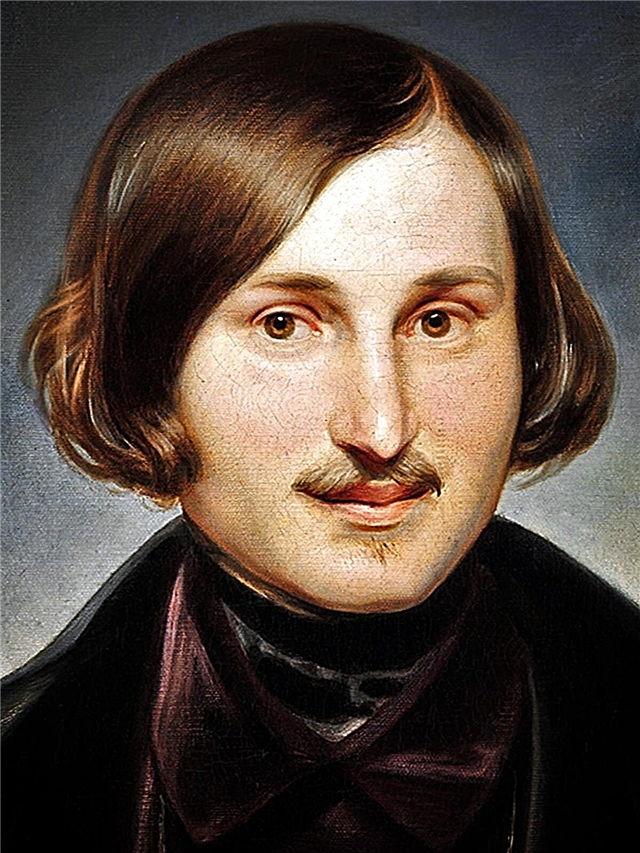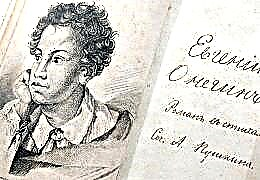Boris Leonidovich Pasternak is one of the most prominent, famous and recognized poets of the 20th century. Only five Russian writers were awarded the Nobel Prize and Pasternak - among them. Boris Leonidovich was born on January 29, 1890 in Moscow in a family of creative people who deeply respect art. The father of the future poet was an artist, and his mother a pianist. Perhaps it was this environment, capable of truly appreciating creative achievements even at the initial stage of a literary career, that helped then still young Pasternak to fully reveal his talent.
History of creation
Pasternak wrote Spring in 1918 when he was only 28 years old. He enthusiastically accepted the February Revolution, although the crisis of the interim government and the general state collapse caused him a clear hostility. Boris Pasternak treated the Revolution as a “Great Surgery”, where the completion of such a long and gloriously begun business is simply a necessary and only right decision. Despite the losses that people and the state may suffer. So he thought until about the summer of 1918. Then Boris Leontyevich, still young and ardent, began to recognize the essence of the new government before many others. He was forced to spend his time in the editorial offices and receive a scanty ration for this, for him it is almost unbearable. But you don’t have to choose.
Three years after the publication of "Spring", Pasternak's parents and sisters, at the personal request of A.V. Lunacharsky will leave the country and leave for Germany for a complex operation to the father of the family. But after the recovery of Leonid Osipovich Pasternak, the poet’s family will not return to the USSR.
The revolution for the young Pasternak is a spontaneous, irrational, but absolutely inevitable phenomenon, to which the author is fatalistically related to Blok, Akhmatova and Tsvetaeva. Young Pasternak was ready to forgive much of the new government for the introduction of new positive programs.
Genre, direction, size
The poem "Spring" is written by a six-foot iamba with a cross rhyme. The combination of inaccurate and non-standard rhymes in the first stanza with accurate and fairly standard rhymes in the second attracts attention.
The genre of the poem is an elegy, which is characterized by a special intimacy, constantly present motives of disappointment and loneliness, mortality of life.
Images and Symbols
- The central image of the poem is itself lyrical herosurrounded by images and real things, but he remains lonely among the "thousand noisy eyes." The author has complex feelings, he is scared by the distance, he seems afraid of falling home, he strangely compares the air with a “bundle of linen”. So he paints the image of the street, which he endows with frightening features. All these personifications and metaphors testify to a person’s fear of the future, of his country, which he knows very well, like this street, but no longer recognizes it. The hero is scared, every detail speaks of his confusion. He conveys the soreness and obsession of his condition by comparing the atmosphere itself with the nodule of a gaunt hospital patient.
- The second visible image is empty and sad eveningto be held by the poet alone. He clearly feels the indifference and alienation of all these people surrounding him by absurd chance. They all are anxiously waiting for something from this evening, from this life, but they don’t know what for themselves, therefore their eyes are expressionless.
Themes and moods
Fatalism in the work of early Pasternak is its integral, if not the main theme. The completion of one life stage and the beginning of a new one, and in addition - the complete humility and realization by the author of the impossibility of changing the course of life. The poet resigned himself to the painful expectation, fear and tension of revolutionary hard times, as well as many "noisy eyes", which, apparently, open so wide that Boris Leonidovich involuntarily came to be associated with noise. As if the eyes were screaming silently. So subtly and metaphorically the theme of the expectation of change is revealed.
The author does not embellish the life of 18 years, he conveys the misunderstanding and confusion that arose in the minds of people who yesterday demanded revolutionary achievements. Parsnip mentally shares the revolution and Bolshevism. A revolution, which should bring with it novelty, love, youth, a change for the better, passion, inspiration, in fact, also brings hunger, death, poverty and lawlessness. And the poet already feels the impending catastrophe. So peculiarly he reveals the theme of revolution, and in his interpretation one feels impending disappointment.
Idea
The meaning of this short but capacious work is not in the murmur of streams and the tapping of a drop, not in the sweet singing of birds and the melting of snow. For the author, this is a difficult period of misunderstanding of what is happening, throwing, both in thoughts and in the crowd, searching for something new and disappointment in past beliefs. In elegant lines, Pasternak conveys an exhaustive characterization of his time - intense and languid expectation, coupled with fear.
In each line of the poem, the main idea is traced - a misunderstanding of what is happening, but also the absence of attempts to change anything: only detachment, weak-willed observation and complete emptiness.
Means of artistic expression
In "Spring" the author uses a small number of paths. Here, mainly metaphors can be traced (“air is blue, like a bundle of linen”) and personifications (“poplar is surprised”, “the house is afraid to fall”).
Pasternak, with the help of comparisons and explanations, tries to show his attitude to what is happening and how he sees the attitude of others to what is happening around. Even the spring poplar is “surprised” at what the consequences of such an expected and desired revolution look like.

